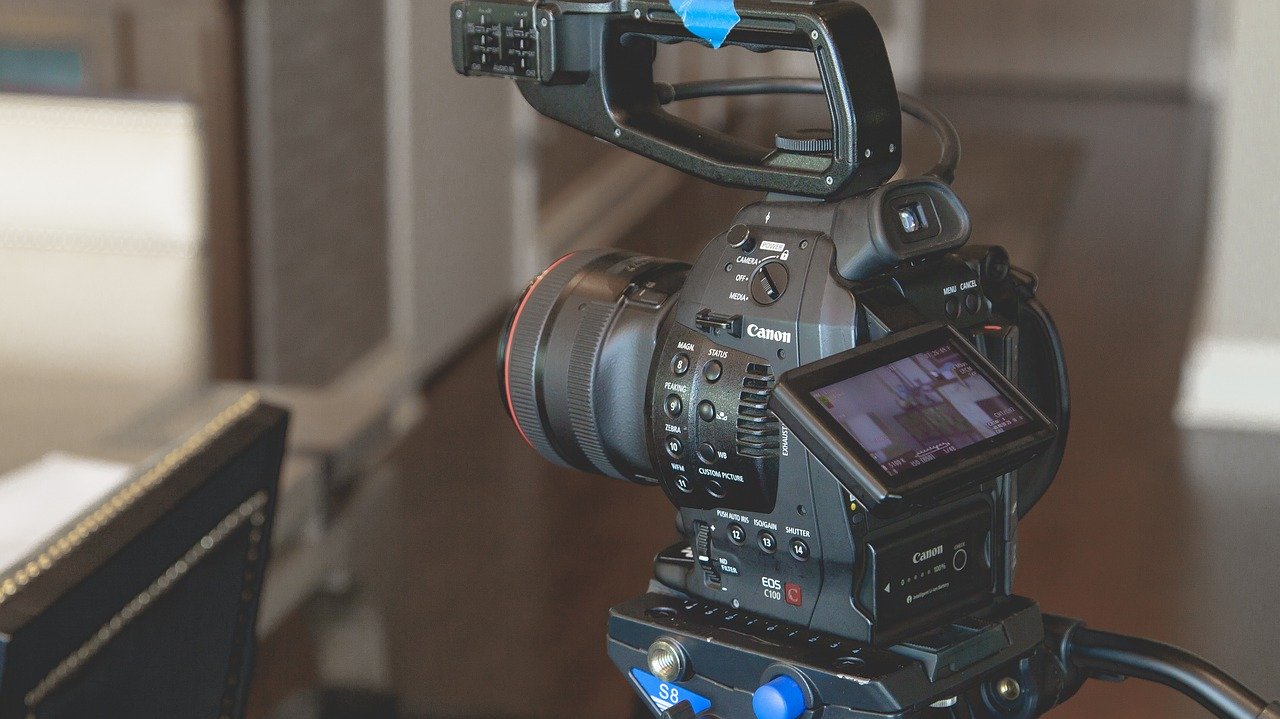The California Code of Civil Procedure 2025 addresses taking oral depositions during discovery. The code states how depositions may be taken of an individual, a public or private organization, a partnership, an association or a government agency. Additionally, CA CCP 2025 outlines how defendants can approach deposition and deposition notice, such as the window in which they may be served.
Notice
One requirement in California CCP 2025 is that a party wishing to take an oral deposition give notice in writing, and dictates what information the notice must contain, including location, date and time, provider, and the name and address of each deponent. The notice shall also include specified materials or type of materials the deponent is requested to produce. The code also contains guidelines for recording testimony and the process the recording party must follow, including how their intention must be stated. Transcript costs and deposition formats (audio, visual or stenographic form) must also be covered in the notice.
The code outlines who shall operate the recording of the deposition and the formats it may be made available in. The rule discusses the guidelines and process if a person being deposed is not an individual, and the notice requirements. It outlines how the deponent shall produce the individuals testifying on its behalf and how the notice shall be written and served.
Location
The location of depositions of any natural person is also covered in the code, how parties may move to change and what shall be included in the motion. It also outlines when deposition is to be scheduled, and the various factors that influence the date: whether the deponent is a records custodian or if the case contains unlawful detainer are factors that affect the standard date of at least 10 days after the deposition notice has been served. The code also states on what grounds the court may shorten or extend the time for scheduling a deposition.
Time Limit
Depositions are given an allowed time limit of seven hours, except in specific circumstances. The court is permitted to add additional time if it is needed and the code discusses exceptions to the seven hour rule. The code concerns how deposition may be taken or attended by telephone or other remote electronic means, but clearly states that the deponent must attend the deposition in person.
However, it also states how the court may allow a nonparty deponent to appear at the deposition by telephone. Further, the code dictates how depositions are to be conducted under supervision, and who shall be a deposition officer, plus how objections are made.
California CCP 2025 contains information regarding recording the testimony and objections, examination and cross-examination of the deponent. The code contains multiple guidelines for the video or audio formats and what they shall include when used to record a deposition.
Opposition and Protective Orders
California Code of Civil Procedure 2025 addresses a party or legal representative opposing a deposition notice and the procedure they must follow to do file an objection. The requirements for motions for a protective order before, during, or after a deposition and how the court might receive said motions are outlined in the code. If requested discovery is to be produced, inspected, copied, tested, or sampled, the code sets forth the conditions of how and why the request may be denied. If a protective order is sought for requested discovery, the code outlines how the court may limit or prohibit production of the information regarding undue burden or expense. The code concerns discovery that includes electronically-stored information and the guidelines regarding that data, including requests for production or lost, altered, or damaged data.
Failure to Appear and Sanctions
If a party, entity, person, or officer fails to appear after proper notice, the code outlines how the noticing party may move for an order compelling the deponent’s attendance and testimony, the production of evidence, and what the motion shall contain. The possible sanctions are included, as are how objections shall be made if an error or irregularity occurs at the oral examination. The code outlines various objections that may be made and on what grounds, plus how the court shall handle said objections. Finally, the code contains the penalties for a deponent failing to answer a question or produce anything identified in the notice or deposition subpoena, and how the party may move for an order compelling production. The motion must be made no later than 60 days after the completion of the deposition. The code outlines how the objection or opposition to production of the requested discovery shall be handled, and how the court may still order for good cause.
The code outlines the conditions under which sanctions may be imposed, including an unsuccessful motion to compel, or if a deponent disobeys an order to compel, and how they may be considered in contempt, and what sanctions the court may impose. This code is used by the court and attorneys, plus it concerns parties and deponents in court actions.
Timing is crucial aspect when filing and responding to legal pleadings.
SmartRules Guides cover additional requirements, including:


